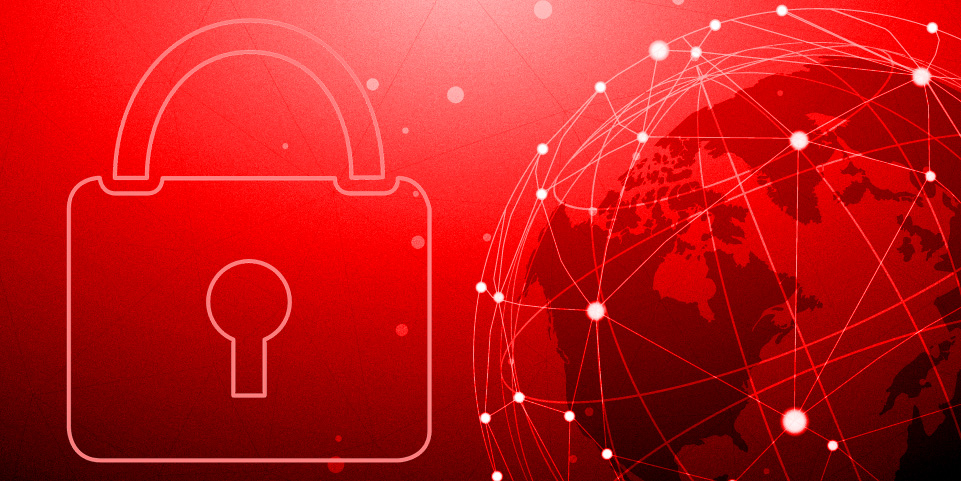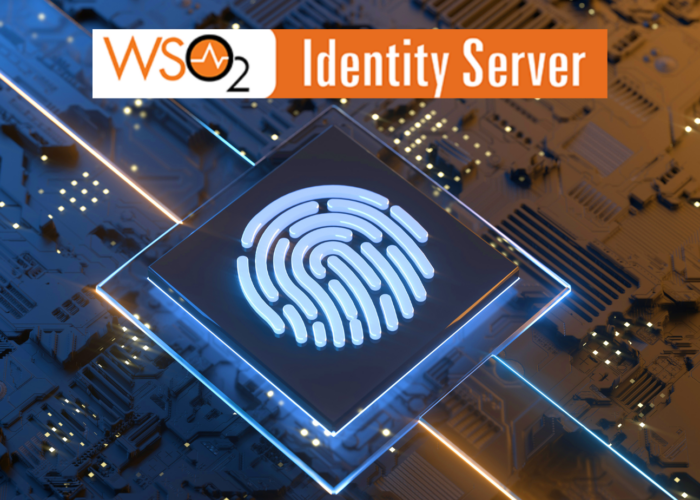In recent years, the requirements of companies that manage their customers’ identities have changed a lot. Customers are hyperconnected and adopt new engagement patterns that divide their journey across multiple channels. Therefore, CIAM or Customer Identity and Access Management are becoming a must for any customer-oriented business.
-Don’t miss: “Identity Management, trends and best practices”-
CIAM’s strength lies in its identity management capacity to use information and security as a means to achieve business objectives. Most companies consider CIAM as a competitive differentiator.
“This mechanism provides up to 50% more likelihood of using security plans to implement business strategies to attract new customers and provide excellent customer service.”
What is Customer Identity and Access Management (CIAM)?
Customer Identity and Access Management (CIAM), as the name indicates, is a system that allows the management of access and identity of the customer. Thanks to this, organizations are able to obtain and manage with security all the data of the client’s profile.
It is ideal for extremely large identity populations, including tens and hundreds of millions of identities, where access is improved.
Characteristics of a CIAM platform
A CIAM platform has the following characteristics:
Improved safety and low friction
The network provides access to customers, suppliers and partners, so the CIAM platform must be secure and provide autonomous authentication, authorization and interaction between people, systems and objects for frictionless access. Its functions: single sign-on, centralized policy enforcement, role management and delegated administration, among others.
Secure messaging and integration
Not only people, but also business processes and applications are impregnated with identities, and the CIAM platform must integrate the different elements of the network in order to communicate effectively with each other. It should allow authorized access.
The best CIAM platforms automate the integration process required to meet the connectivity between applications, users, and objects.
Support for IoT and mobile applications
The CIAM platform must be able to use identity to drive the relationship between people and smart devices. In addition, it must provide a seamless mobile experience that allows customers to register, make valuable transactions, and change their account and profile, for example.
Confidentiality, consent and preference management
CIAM must have full self-service functionality to allow customers to change their profile, configure and change their data usage permissions, and update their preferences. Strong privacy management is essential to let your customers determine how you collect and use their personal data.
Lifecycle Management
It involves management of all identities throughout their lifecycle, including recording, provisioning, activation, tracking, locking, unlocking, suspending, etc. The platform must effectively manage all network elements at each stage of the lifecycle and automate a seamless transition between stages.
API Integration
Open APIs are the foundation of CIAM platforms, enabling rapid integration of identity management data with other technologies such as content management, marketing automation, CRM, and ERP systems.
Advanced analysis
They collect a wide range of data on customers’ digital interactions. This includes how they interact and behave between physical and digital points of contact, such as websites, social networks and in the store. Advanced analytics allow you to better understand each customer.
Multimodal workloads
Clouds are becoming a popular implementation option for CIAM platforms because they offer scalability, performance, and agility. They must be able to support hybrid implementations that provide APIs and connectors to flexibly enable multiple local and cloud configurations.
-Find out more: Deploying the top-of-the-line IAM solution easily, quickly and securely-
Components that make up the WSO2 CIAM solution
WSO2 offers an agile open source integration platform for CIAM, making each project unique.
Both the identity server and the integration platform include functions to solve common problems and satisfy customers.
“WSO2 has designed an innovative CIAM solution that offers organizations the primary functions for customer management.”
The components of this platform are adapted to the CIAM philosophy, among which are:
- Flexible Identity and Single Sign-On
- Enhanced and adaptive authentication according to scripting templates
- Social Login Integration
- A portal that enables customer self-registration and self-service dashboard
- Guarantee of privacy in all senses
- Optimal security and fraud detection
- Secure APIs that are integrated using WSO2 API Manager
- Detailed analytics with streaming integration
How does WSO2 Identity Server support CIAM?
WSO2 Identity Server is a highly extensible open source IAM solution for CIAM, which empowers all processes that are run.
Today, companies make every effort to maintain the trust and loyalty of their customers and to attract new prospects.
The WSO2 identity server provides elements that support the task of companies in this regard. It is a balanced solution, neither too restrictive to limit the customer experience, nor too open so that security is not compromised.
WSO2 Identity Server has established itself as a dynamic, flexible and scalable software, among the best on the market. It also adapts to the needs of business, thanks to the fact that it can be integrated, customized and expanded according to the plans of any organization.
-Tutorial: Get started with WSO2 Identity Server-
This platform works with the right technology to provide a solid solution that guarantees good practices and solves any inconveniences that may arise.
The most remarkable thing about the solution is that the server is implemented in a flexible way. It is extensible, scalable and friendly for any developers looking to apply a CIAM solution in their company and to be able to manage their customers easily and securely, thus satisfying their needs.









